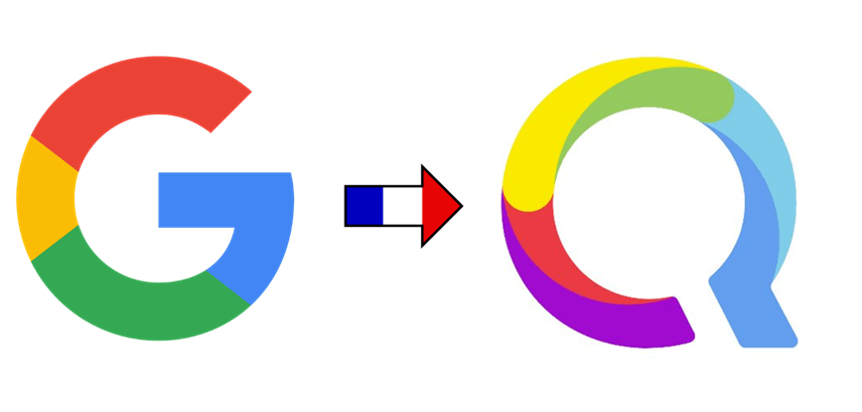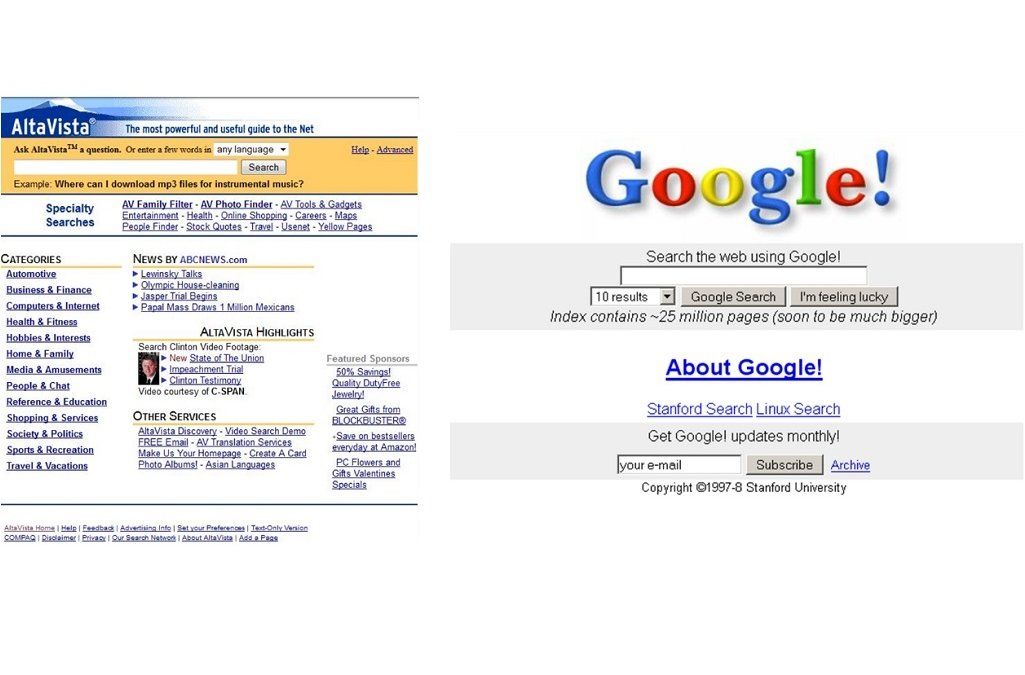Are we living in the “Age of Context”?
 To quote from the introduction in Robert Scoble & Shel Israel’s book
“All indications are that the changes ushered in by the Age of Context will be more significant and fundamental than what has occurred in the previous era, and they are likely to occur faster”. These are indeed bold words but the book, first published in 2014, explains how this is happening today with many examples and the predictions are believable.
To quote from the introduction in Robert Scoble & Shel Israel’s book
“All indications are that the changes ushered in by the Age of Context will be more significant and fundamental than what has occurred in the previous era, and they are likely to occur faster”. These are indeed bold words but the book, first published in 2014, explains how this is happening today with many examples and the predictions are believable.
The Age of Context considers five forces believed to be shaping the age of context: mobile and wearable devices, social media, big data, sensors, and location-based services. Chapters cover areas such as: wearable devices with chapter 2 completely dedicated to Google glass, consumers and retail, the connected and driverless car, new urbanists (how contextual services will change urban lifestyles), heath and fitness, personal contextual assistants, the contextual home, context in marketing, trust and privacy, and a brief peek into the future in 2038.
So do I think this is the “Age of Context”. Well yes, I predicted that “Contextual Services” were the future back in 2004 to the extent I invested my own future in this and formed a new company based on this vision. That company was called Trisent Communications Ltd and indeed the name derives from that vision.
While I do not agree will all of what Scoble & Israel have written and I am sure they will not agree with all of my beliefs and predictions, this is not important –none of us will get it right when we gaze into the crystal ball. What I concur with is general vision of where we are headed and it is now based on strong evidence that this book highlights. I recommend you read the book – it will make you think and it might even scare you a little.
Where I must disagree with the book is its premise that we must sacrifice our privacy in order to receive good context based services. I personally do not believe that giving up more and more of our personal information must be a prerequisite to receiving relevant good services. Indeed, there are concerns about existing abuses of personal data and so the idea of sharing considerably more of this does not sit comfortably with many people. There are already groups and organisations trying to address these issues such as the HAT (Hub of All Things) Organisation that is trying to get you to reclaim and own your personal data and MyData organisation that recently held a large conference in Helsinki. Interestingly these organisations are European while the Age of Context book is America and the views on privacy and civil liberties are certainly different on each side of the Atlantic.
Where I predict there is a potential solution is in the secure brokerage of personal data. You may not trust individual organisations, or indeed governments, to hold or own vast amounts of your personal data. However, you may trust an independent broker with your data (on a need to know basis) in order for them to find you the information, goods or services you desire. This also means that your personal data does not need to be replicated and held by multiple companies and organisations. An independent broker could, of course, be a virtual agent – a ‘personal contextual assistant’ of sorts at your command and that you can trust rather than being a double agent of an organisation. So move aside Siri, Cortana, Alexa and the rest of your gang?
The post Are we living in the “Age of Context”? appeared first on Trisent.











